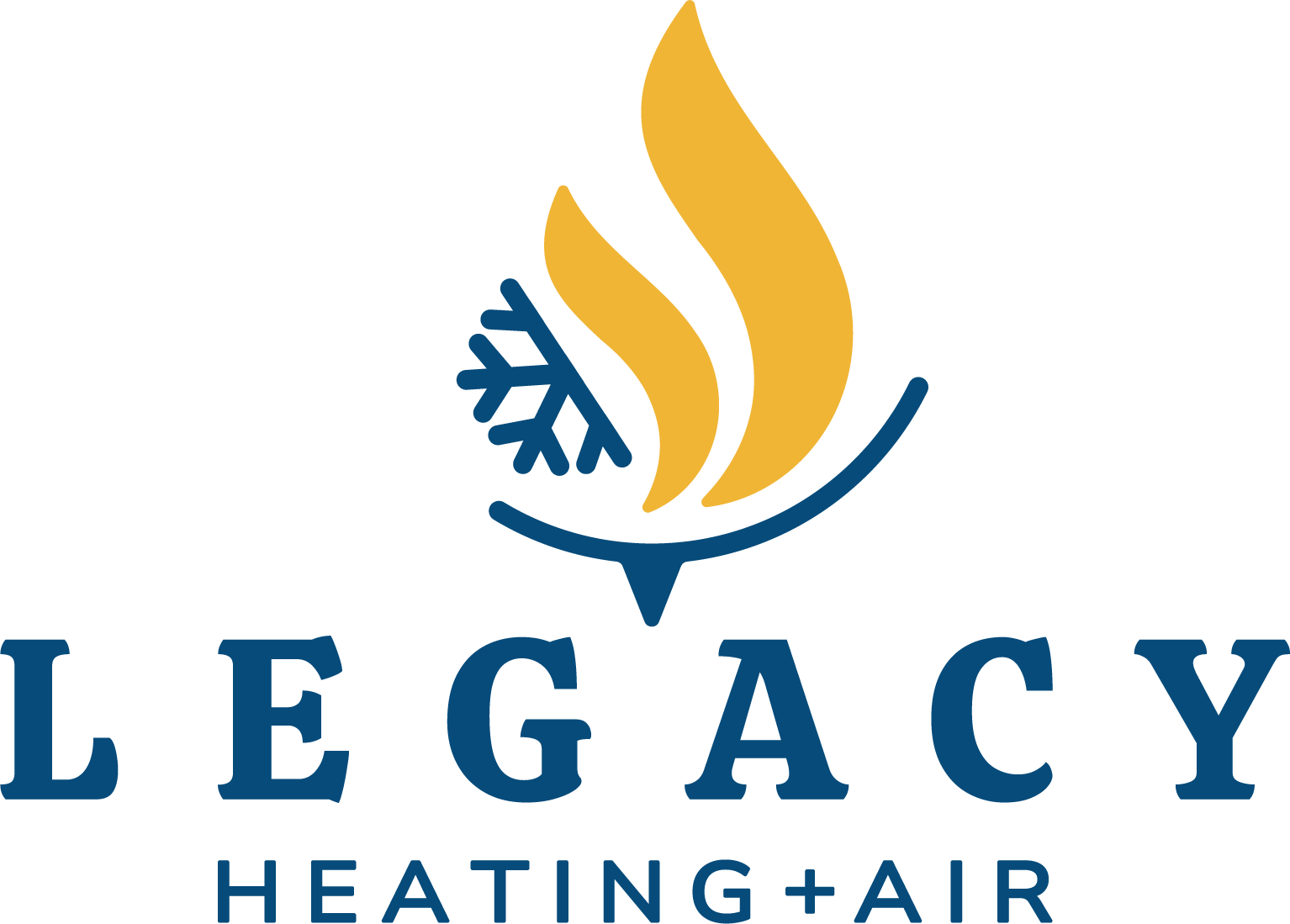Yes! Give us a call or submit a service request for your no-cost, no-obligation consultation and estimate for a new heating and air conditioning system! 970.397.3106
Second, does the cost of a repair make sense when compared to the expected life span of the equipment? In other words, if you are looking at making an expensive repair on a 18 year old air conditioner that is nearing the end of it’s expected life span, is it better to do the repair or put that money towards a new system? In many situations the answer may be yes. But if a simple repair can gain you a few more years on your system, why not do that instead?
Here at Legacy Heating and Air we understand the difficulty such a situation can pose to a homeowner, and we are committed to helping you walk through the decision process in a way that helps you arrive at the best solution for you. We won’t exaggerate the condition of the equipment or cost of repairs in order to upsell you. We provide candid feedback and honest answers to your question so you can make an informed decision on what is best for your situation.
A good rule of thumb is to replace your furnace filter every three months. Although, this can vary depending on your home environment and the type of filter you use. If you have pets that shed or live in a dustier area, such as the country, you may need to change your filter more often. On the other hand, if you have a very clean home or use a 4” pleated filter, you might be able to extend the replacement interval. In general, replacing your filter more frequently helps improve air quality and extends the lifespan of your HVAC system.
Are you interested in saving thousands of dollars on a new system? Who wouldn’t be?!?
We are all about helping our customers save and would love to talk to you about the significant savings in rebates and tax credits you can access when purchasing a new system from us that meets required energy efficiency standards.
